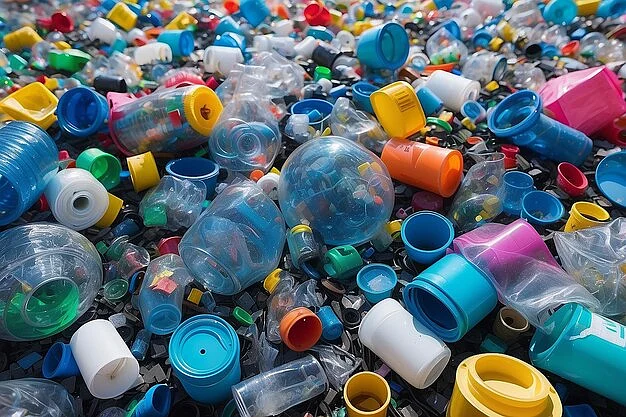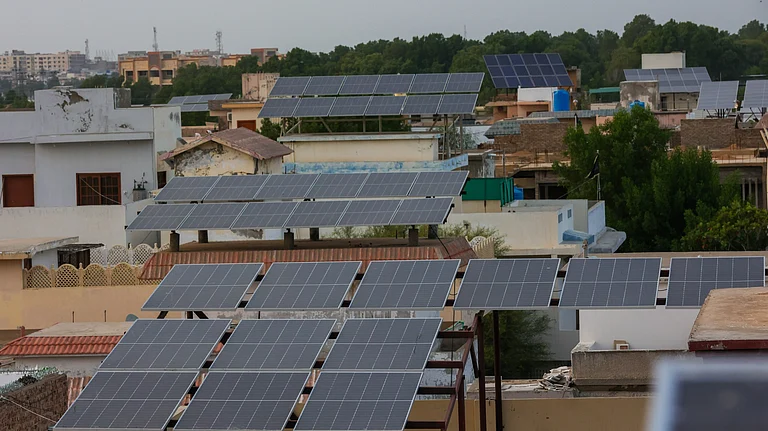A new global study has revealed that India leads the world in plastic waste generation, producing over 10.2 million tonnes annually, which equates to almost 20 percent of the total global output. The research, published on
Wednesday in the journal Nature, highlights the significant environmental challenges posed by plastic waste, much of which ends up in open environments rather than being properly disposed of in landfills.
Researchers, led by Costas Velis from the University of Leeds’s School of Civil Engineering, found that India has a striking 10-to-1 ratio of plastic dump sites compared to sanitary landfills. This means that a vast majority of the country's plastic waste is disposed of in the open, exacerbating pollution levels. The authors of the study further pointed out that official statistics may undercount the true scale of India’s plastic problem, as they do not account for rural areas or the open burning of uncollected plastics.
Nigeria ranks second in plastic pollution, generating 3.9 million tonnes annually, less than half of India’s output. While earlier studies had identified China as the top source of plastic waste, the researchers ranked it fourth, citing significant progress in waste disposal in recent years.
The study also revealed that plastic waste generation is not limited to low-income nations. While much of the plastic waste originates from the Global South, countries across all income levels are significant contributors to the crisis. Approximately 70 percent of annual plastic waste is produced by 20 countries, of which four are low-income, nine are medium-income, and seven are upper-middle-income.
In contrast, high-income countries, despite being major generators of plastic waste, were found to have reliable waste disposal systems in place, preventing them from appearing in the top 90 countries contributing to global plastic pollution. The United States, for example, ranks 90th, generating around 52,500 tonnes of plastic waste annually.
In addition to the country-specific findings, earlier research published in Science Advances in April identified that five companies are responsible for a quarter of global plastic pollution. Another study from February by Beyond Plastics estimated that most plastic waste ends up in landfills rather than being recycled, indicating the need for more comprehensive global waste management strategies.
The findings underline the urgent need for global cooperation in addressing plastic waste, with targeted actions required in countries like India, which are disproportionately contributing to the growing crisis.































